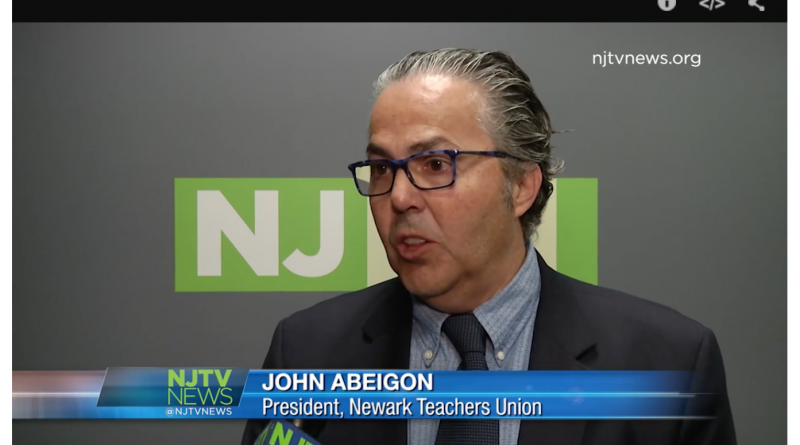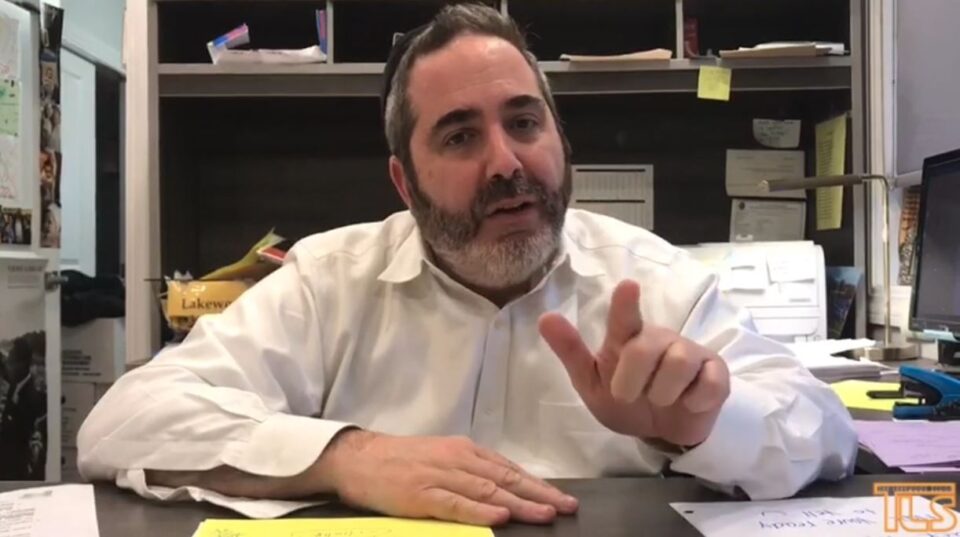Civil Rights Group Calls for Changes to Latest ESEA Draft
June 18, 2015QOD: Andy Rotherham on the Future of Charter Schools
June 19, 2015When “Adult Agendas” Thwart Children’s Educational Access: N.J.’s Proposed Charter Moratorium
Nicole Cole, new president of the New Jersey Charter School Association, describes the political webbing behind Assemblywoman Mila Jasey’s charter school moratorium bill. We all know that N.J.’s charter school law is deficient: contrary to best practices, it anoints a single authorizer and provides inequitable funding, including no facilities aid, for these alternative public schools. Jasey’s bill, which she has described as a “time-out,” is terrific for legislators and lobbyists determined to stymie charter school growth and horrific for N.J.’s 20,000 mostly poor and urban children currently sitting on waiting lists, enduring their own “time-out” from educational opportunity.
Here’s an excerpt from Cole’s editorial in today’s Star-Ledger:
New Jersey’s charter school law—for all its shortcomings—has promoted the development and growth of remarkable public schools that serve tens of thousands of children in our neediest urban districts. Charter schools are closing the gap in proficiency rates between the state’s historically underserved black and Latino population and the state’s white and Asian population. New Jersey charter school students surpassed their peers across the state over the past five years with an 80 percent reduction in the HSPA Language Arts Literacy achievement gap and 34 percent reduction in HSPA Math achievement gap. Similar gains were made in the NJASK…There is nothing to be gained by denying students access to these programs, or by limiting schools’ ability to meet the demand for more seats.
Many of us wish for a less adversarial environment in which greater charter/district collaboration would be possible; however, the lack of collaboration is not something that can be addressed by shutting down charter school growth or by changing the law. Collaboration occurs when colleagues value each other’s work and agree on a common goal—in this case, doing our best for every student without regard for adult agendas that obscure the real purpose of public education.




